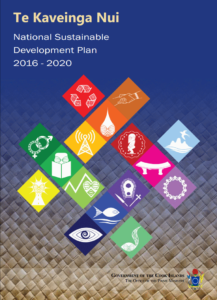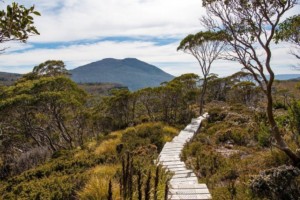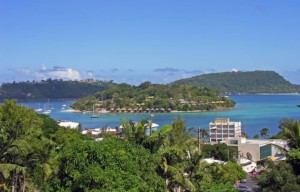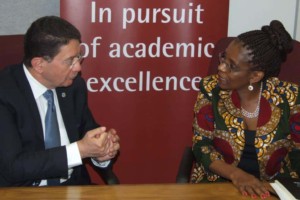Pacific ecotourism hampered by economic realities?
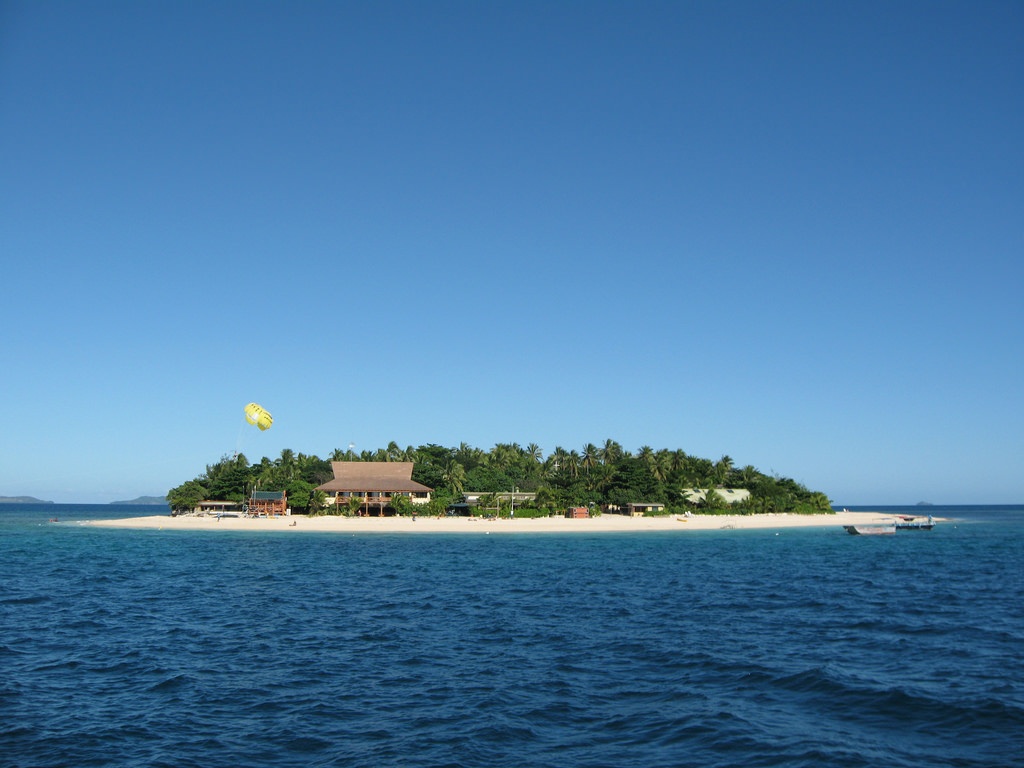
According to a South Pacific Tourism Organisation (SPTO) press release, this is what delegates at the Pacific Update Conference in Suva, Fiji heard last week.
When economic imperatives are ignored an ecotourism project cannot possibly claim to also be a “sustainable tourism” project. Furthermore, there are social, cultural, capacity, and geographical issues that cannot simply be wished away.
In his presentation at a “parallel session” on sustainable ecotourism, SPTO CEO Chris Cocker recognised that “a few” Pacific Island countries (PICs) had brought sustainable tourism policies into the mainstream of their national planning strategies. And donor and development partners have begun to assist in the implementation of sustainable tourism development projects.
“However, in terms of challenges, sustainable tourism practices can be expensive, there are weak governance and policy frameworks and enforcement processes in place, [and there is a] lack of adequate technical expertise in this area,” the SPTO chief said.
“There are also varying levels of appreciation and commitment to sustainable eco-tourism and a lack of appropriate systems in measuring and monitoring sustainability.”
![Pacific ecotourism hampered by economic realities? 3 On Pacific ecotourism, SPTO CEO Chris Cocker said it was "expensive, there are weak governance and policy frameworks and enforcement processes in place, [and there is a] lack of adequate technical expertise."](https://goodtourismblog.com/wp-content/uploads/2017/06/Chris-Cocker_SPTO_CEO-cr.jpg)
On sustainable ecotourism in the Pacific, SPTO CEO Chris Cocker said it was “expensive, there are weak governance and policy frameworks and enforcement processes in place, [and there is a] lack of adequate technical expertise.”
Travellers are seeking a compelling story to tell and are looking for the wow factor in a destination. All of these present opportunities for sustainable ecotourism in the Pacific, PATA reckons.
The Pacific Update Conference was co-sponsored by the Asian Development Bank (ADB), the Development Policy Centre at the Australian National University (ANU), and the University of the South Pacific (USP).
The parallel session on sustainable ecotourism saw the participation of SPTO (Mr Cocker), Cook Islands Tourism and the Ministry of Tourism Solomon Islands.
According to SPTO, Solomon Islands has mainstreamed ecotourism into its tourism development frameworks with an emphasis on niche products and community involvement.
Cook Islands launched its National Sustainable Development Plan 2016 – 2020 last year, reflecting the government’s commitment to sustainable development which includes sustainable tourism. (Download here (PDF 6 MB))
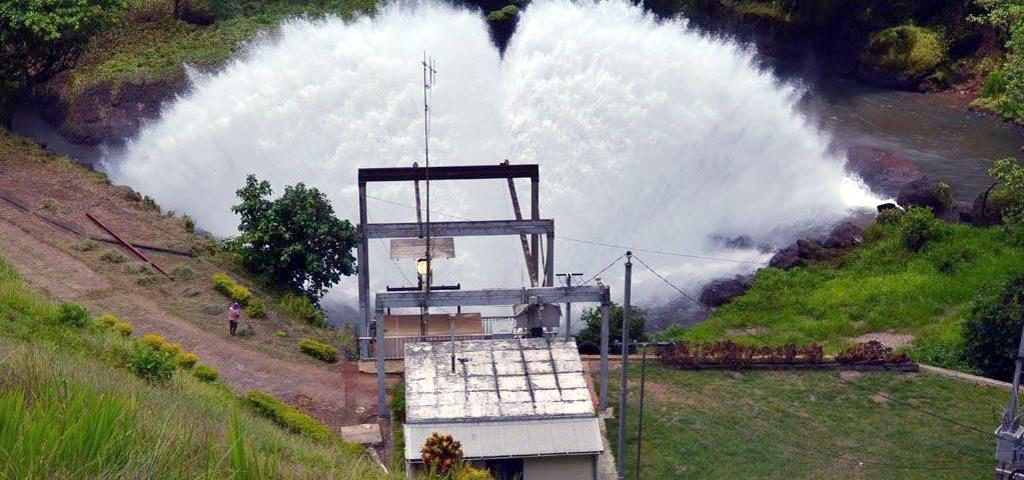
ADB to splash out US$200 million on a “Pacific Renewable Energy Investment Facility”
ADB to create Pacific renewable energy fund
In other news, the ADB has given its approval for the creation of a new Pacific Renewable Energy Investment Facility. In addition to providing cumulative financing of up to $200 million for the facility, ADB will seek cofinancing.
The facility will provide financial support to a series of renewable energy projects and sector reforms in the Cook Islands, the Federated States of Micronesia, Kiribati, Nauru, Palau, the Republic of Marshall Islands, Samoa, the Solomon Islands, Tonga, Tuvalu, and Vanuatu. The facility will help these countries in their transformation from diesel-based power systems to renewable energy sources.
According to a SPTO news item, these countries face developmental issues such as small populations, limited resources, remoteness and vulnerability to natural disasters.
Featured image: Beachcomber Island, Fiji by p‑a-t-r-i-c‑k (CC BY 2.0) via Flickr.
Download
Cook Islands’ National Sustainable Development Plan 2016 – 2020 (PDF 6 MB)
Related posts


